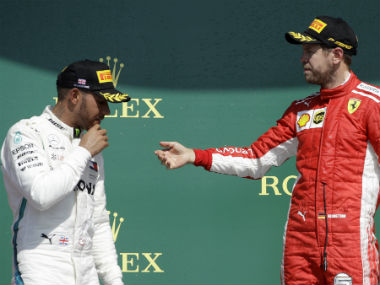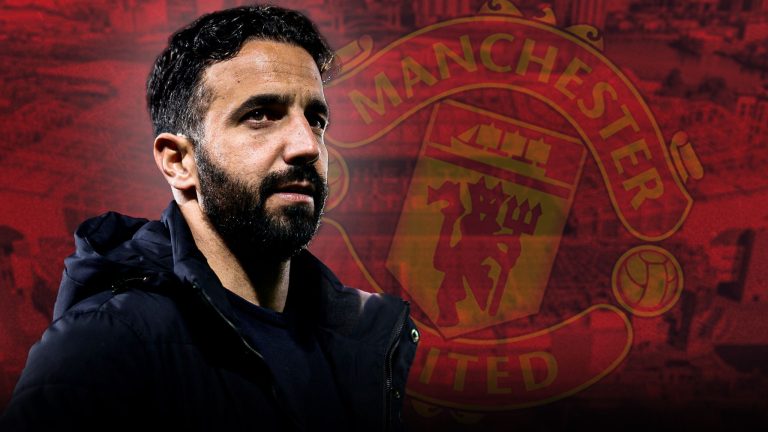Lewis Hamilton at the end of British Grand Prix tried to implied that Ferrari’s drivers had been colliding into Mercedes on purpose.
He considered himself to be “dumb” over his remarks toward Kimi Raikkonen. He remarked the collision as “interesting tactics” by the Ferrari, as his car was spun by the Finnish driver.
Hamilton said on Instagram: “Kimi said sorry and we move on. It was a racing incident and nothing more.
The British driver admitted: “Sometimes we say dumb things and we learn from it.” He said his comments were because of his exhaustion after a demanding race at his home ground.
He addressed his 6.7 million fans over Instagram: “I lost nearly 3kg [in body fluids] trying to get back to the top for you and my team.
“I barely had any energy at the end to stand, let alone talk.
“If you can’t understand and appreciate that, then I fully understand. However, [it] was nothing to do with anger, [I was] literally just exhausted both mentally and physically.
“Thank you to everyone for the incredible support this weekend. We win and lose together. Onwards and upwards.”
Hamilton deduced the “dumb” comments from Ferrari’s collision twice with Mercedes in the last three races at the start of the race.
As Raikkonen hit Hamilton this weekend, likewise Vettel had an incident with Bottas at French Grand Prix. Vettel and Bottas had to stop for damage repair after their collision.
‘If you cry like a girl when you lose, do ballet’
Hamilton started the race from pole but had to fight back from 18th position after little incident. He fought back to second place while Vettel finished the race at Silverstone with a Championship lead of eight points.
Raikkonen accepted his fault and was handed over a 10 second penalty.
Vettel regarded Hamilton’s remarks as “silly” as he said his race was also affected by the incident in France.
Minttu, wife of Finnish driver, said: “If you cry like a girl when you lose, do ballet.”
She clarified her position later: “Just to be clear, I was not talking about the driver but the team who was crying afterwards that someone did something on purpose.
“No he didn’t. It’s called racing.”
















